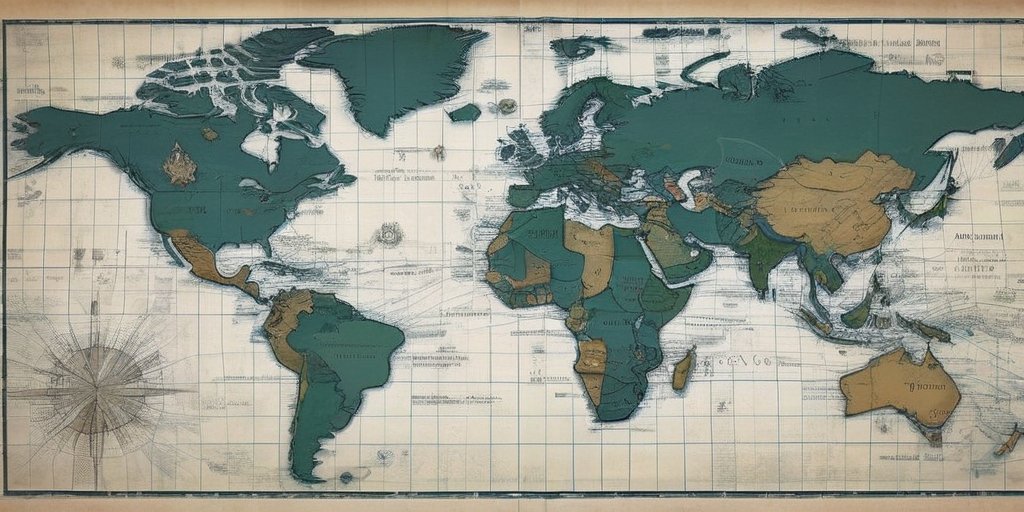In a startling revelation, a recent online group chat held by top US security officials has exposed a profound disdain for European allies, igniting outrage among European leaders and policy-makers. The incident came to light after Atlantic magazine editor-in-chief, Jeffrey Goldberg, accidentally joined a Signal chat where Vice-President JD Vance, Defense Secretary Pete Hegseth, and military leaders expressed their frustration over what they perceived as European ‘free-loading’ in defense spending.
The chat took place against the backdrop of US plans for military action against Houthi rebels in Yemen, aimed at unblocking crucial trade routes in the Suez Canal. Notably, JD Vance pointed out the stark contrast in trade dependency on the canal, noting that while only 3% of US trade runs through it, a staggering 40% of European trade does. This statement, along with the derogatory remarks about Europe’s financial commitments, triggered a wave of indignation from EU officials, some of whom described themselves as being ‘sick to their stomach’ upon reading the comments.
Among the grievances voiced by high-ranking US officials like Hegseth and Vance are the frustrations regarding European nations’ perceived lack of contribution to their own defense. This perceived imbalance has been a longstanding issue, especially in the context of NATO, where discussions about increasing defense spending among European nations have gained momentum in recent years. In contrast, the US continues to allocate approximately 3.7% of its GDP to military spending, while many European nations are still struggling to meet the NATO guideline of 2%.
In a previous speech at the Munich Security Conference, Vance caused further controversy by condemning Europe for what he labeled as misplaced values—highlighting issues like abortion rights and online censorship—essentially painting a picture of a continent prioritizing domestic debates over external threats. This rhetoric, coupled with the Signal chat’s content, has only served to heighten European fears of being left vulnerable amid rising threats, particularly from a resurgent Russia.
The growing tensions between the Trump administration and its European allies underscore a critical juncture in transatlantic relations. Historically, the US has been regarded as Europe’s cornerstone of security, with the presence of roughly 100,000 US troops stationed across Europe acting as a deterrent against potential aggressors. However, the erosion of trust and the perception of the US as an unreliable ally have led to fears that Europe must rethink its defense strategies, enhancing military capabilities independently of US support.
Europe’s heavy investment in welfare and social services since the end of the Cold War, while promoting peace and stability domestically, has inadvertently created a reliance on US military power and intelligence. The comments made in this recent chat have not only highlighted longstanding grievances but also raised serious questions about the future of US-European relations under the Trump administration, with many European leaders now uncertain about how to approach an ally that seems increasingly critical of their defense commitments. As geopolitical tensions rise, can Europe afford to depend on a partner that shows such disdain? The implications of these revelations may be felt for years to come, as both sides reassess their partnerships amidst a changing global landscape.
